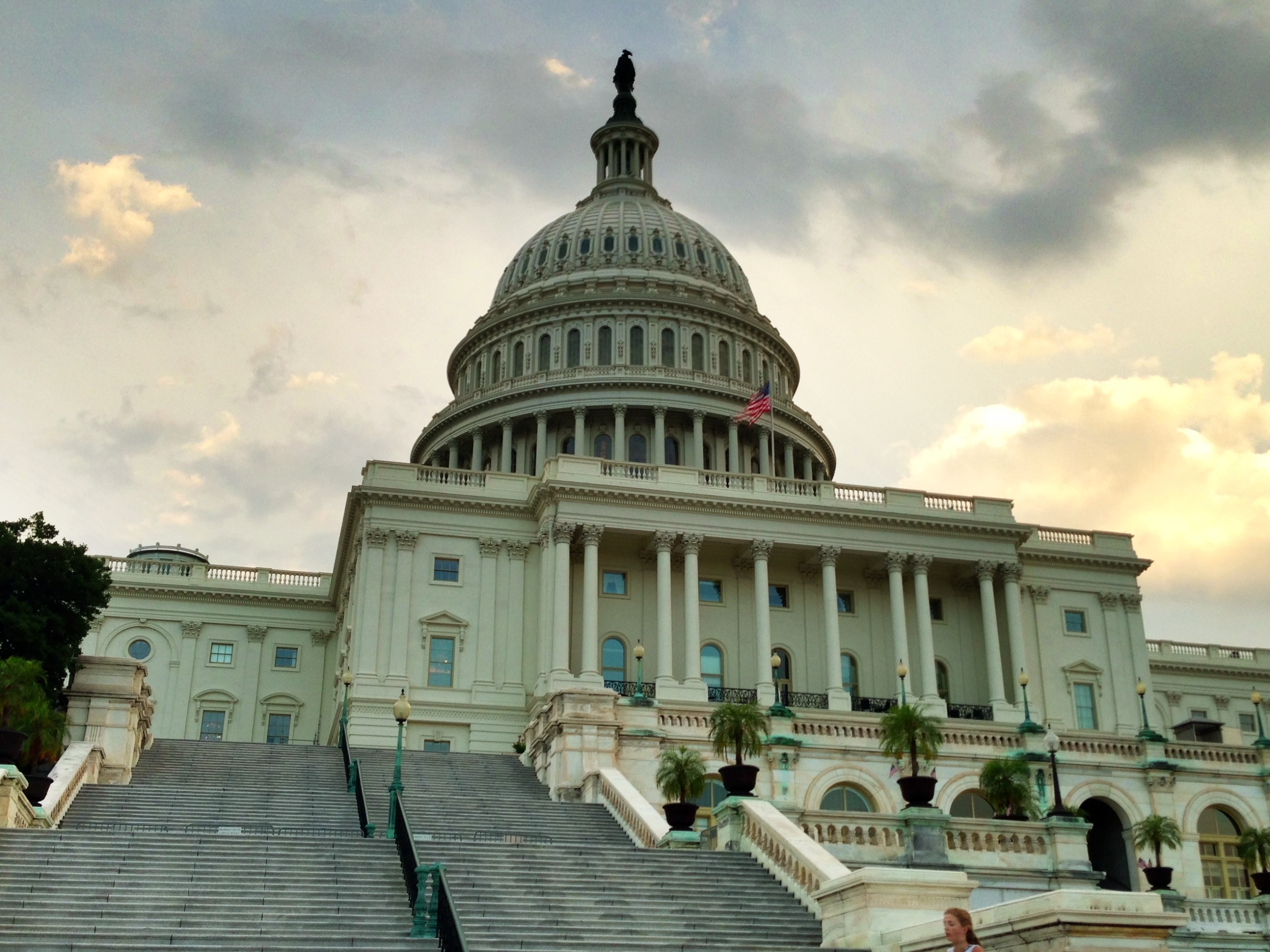Sign up for The Media Today, CJR’s daily newsletter.
In a routine that is becoming more common these days, last week I saw a news alert on my phone that made my heart sink. This one was based on a Washington Post-University of Maryland poll. It said that three years after the January 6th attack, 72% of Republicans believe it’s time to move on.
To most Americans, who responded that January 6th should “never be forgotten,” the findings of the poll were shocking enough to flag in red as a breaking news notification. While dismayed, I wasn’t shocked. As a Twitter whistleblower who came forward about the role of the platform in the January 6th attack, much like the months leading up to that fateful day, I’ve spent the past three years watching my warnings to those in power go unheeded and the fears that propelled me forward coming true. To me, the poll results confirmed that Americans still haven’t learned our lessons about January 6th and social media.
The main reason I decided to come forward as a whistleblower was because I believed it was important for history to have a record of what happened leading up to, during, and after January 6th. As a trained lawyer I know there is no greater evidence than an eyewitness account. So I spoke extensively to the United States House Select Committee on the January 6 Attack and provided them with evidence to back up my claims. One year ago when the Committee released its almost 900 page final report, rather than highlight the role of social media companies, the truth ended up buried in hundreds of pages of depositions, the findings about social media companies were never published, and the underlying evidence was never released.
I also came forward because I feared that social media companies could facilitate January 6th happening again. I testified to the January 6th committee that I believed that the event had created a playbook for authoritarian leaders that could be implemented around the world. I also said that social media companies like Twitter did not have adequate policies on the books that would prevent it from happening again. Last year in Brazil, on January 8th, my fears became a tragic reality. There, the far-right learned from the misinformation tactics in America. After then president Jair Bolsonaro denied his defeat in the election, his supporters stormed the National Congress in an almost carbon copy of January 6th.
Another reason I came forward was because I believed that significant changes to the practices of content moderation at social media companies like Twitter were needed leading into the historic elections this year. I testified to the House Committee on Oversight and Accountability that I feared violence would occur again without sufficient safeguards around hate speech and misinformation within political discourse on social media. Since then, the social media industry has only moved backwards. Elon Musk’s purchase and shakeup of Twitter inspired sweeping changes throughout the industry. Rather than bolster teams and policies protecting our information ecosystem and elections, they have been eliminated and rolled back across the industry. The war in Gaza has shown us the beginnings of the disastrous impacts of these decisions.
I was also spurred to come forward by the work of Nobel Peace Prize winning journalist Maria Ressa and the news website Rappler. In their investigations into disinformation in the Philippines their reporting showed how quickly violent political history could be rewritten using today’s social media platforms. To me, it read like a case study of what could happen with the truth of January 6th in America. And it seems to be exactly what has taken place over the past three years. According to the Post’s reporting, the shift in sentiment by Republicans about January 6th has been largely fueled by misinformation that often began on social media. Now, a quarter of Americans believe the conspiracy theory that January 6th was instigated by the FBI.
To be sure, misinformation works. And it is much easier to forget about January 6th and write it off as a bad memory or conspiracy theory. Living in its memories and reflecting in its lessons is painful. I know. I have tried many times over the past three years to just let go and move on. I’ve tried to force myself to forget, especially when it felt like no one was listening. But here I am, once again. Because this is America. My home. And we have moments, like 9/11, that we have decided rocked our collective political consciousness so much that we have vowed to never forget and to never repeat them. January 6th, 2021 is one of those days.
American democracy stands at a precipice. The presumed rematch between Donald Trump and President Biden is a violent road we have walked down before. We should learn from the lessons of 2020 about how social media can impact our democracy. It’s time for members of Congress to publish the full results of the findings of the January 6th committee, including the underlying evidence provided by myself and other whistleblowers. This factual information can be the first and necessary step to fully understanding the exact role that social media played in facilitating political violence. That knowledge is the key to making sure we don’t forget and let it happen again.
Has America ever needed a media defender more than now? Help us by joining CJR today.





